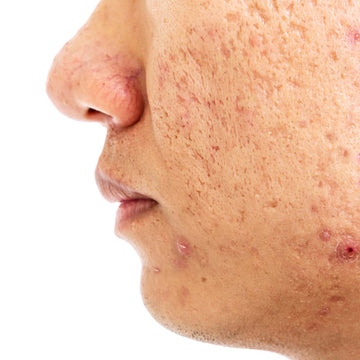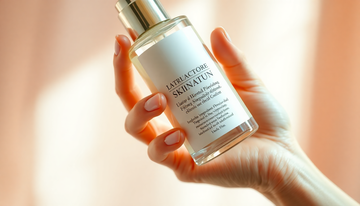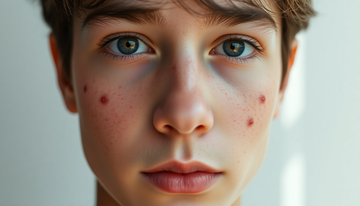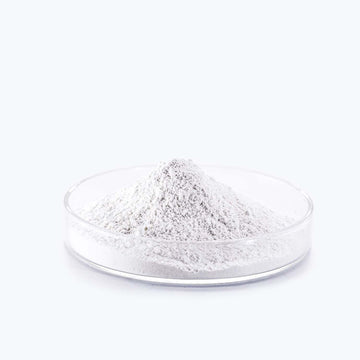Introduction to Acne Scars Treatment Hey there! If you're battling with acne scars, know that you're not alone. Acne scars are a common aftermath of severe acne, but the good news is, there are effective ways to treat them. Understanding the types of scars and available treatments is the first step toward smoother, healthier skin.
Types of Acne Scars
Atrophic Scars
Ice Pick Scars
These are deep, narrow scars that form pits in the skin, like little punctures.
Boxcar Scars
Boxcar scars are broad with sharply defined edges, resembling the scars left after chickenpox.
Rolling Scars
These scars create a wave-like appearance on the skin due to their wide and shallow depth.
Hypertrophic Scars
Raised and lumpy, these scars are the skin's overzealous response to injury.
Post-Inflammatory Hyperpigmentation
Not true scars, but these dark spots can linger after an acne breakout and are often mistaken for scars.
Professional Treatments for Acne Scars
Preventive Measures for Acne Scars
Effective Acne Management
Preventing scars starts with managing acne effectively to reduce the likelihood of scarring.
Avoiding Picking and Popping
Resist the urge to pick or pop pimples, as this can lead to scarring.
Lifestyle Choices and Acne Scars
Diet and Nutrition
A healthy diet can support skin healing and reduce the likelihood of acne flare-ups.
Stress Management
Stress can exacerbate acne, so finding ways to manage stress can be beneficial in preventing scars.
Understanding and Managing Expectations
The Reality of Acne Scar Treatment
It's important to have realistic expectations. Some scars can be significantly reduced, while others may only be slightly improved.
Patience and Consistency in Treatments
Treating acne scars takes time and consistent care. Patience is key.
Conclusion
Armed with the right knowledge and tools, you can make informed decisions about treating and preventing acne scars. Remember, every skin journey is unique, and it's about finding what works best for you. Keep exploring and stay hopeful on your path to clearer skin. For more information on managing acne scars, check out the comprehensive guide provided by the Cleveland Clinic. This resource offers a wealth of knowledge from a reputable and authoritative source, ensuring you have access to reliable and in-depth information about acne scar treatments.
FAQs
-
What types of acne scars are most difficult to treat?
Deep, pitted scars like ice pick and boxcar scars are often more challenging to treat due to their depth and sharp edges. -
How effective are over-the-counter products for acne scar treatment?Over-the-counter products can be effective for mild acne scarring and hyperpigmentation. Products with ingredients like AHAs, retinoids, and vitamin C can help reduce the appearance of scars.
-
Can natural remedies completely heal acne scars?
While natural remedies like aloe vera and honey can soothe the skin and aid in mild scarring, they may not completely heal more severe acne scars. -
How long does it typically take to see results from professional acne scar treatments?
Results can vary, but it generally takes several weeks to a few months to see noticeable improvements from professional treatments like laser therapy or micro-needling. -
Is it possible to prevent acne scars from forming?
Yes, by effectively managing acne, avoiding picking or popping pimples, and following a proper skincare routine, you can significantly reduce the likelihood of acne scars. -
Can dietary changes impact the healing process of acne scars?
A diet rich in vitamins, minerals, and antioxidants can support skin healing and reduce inflammation, potentially aiding in the healing process of acne scars.





